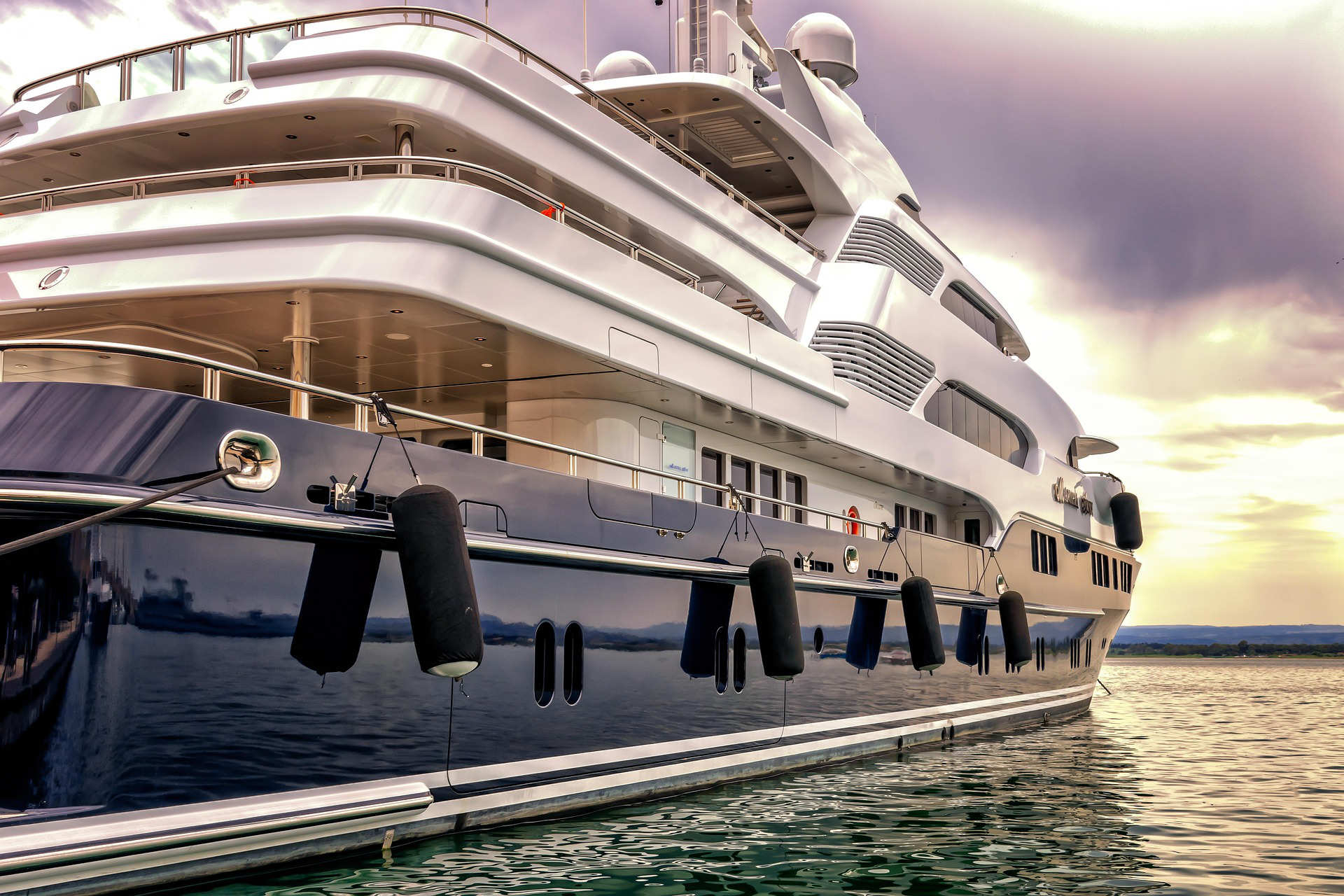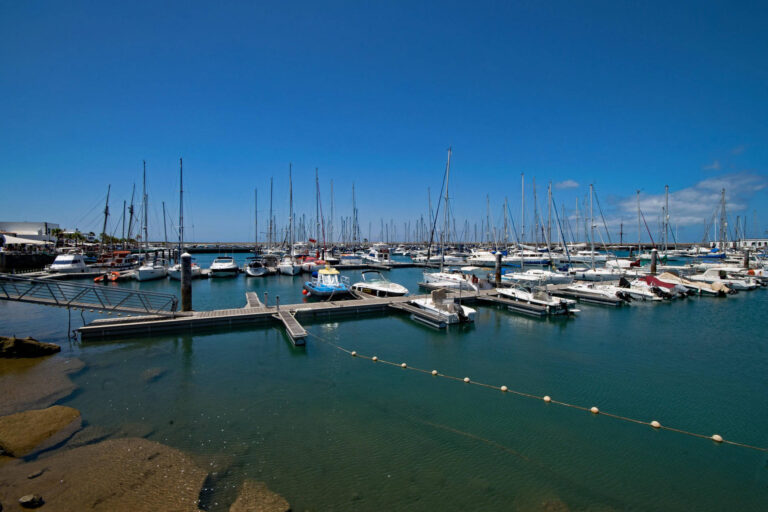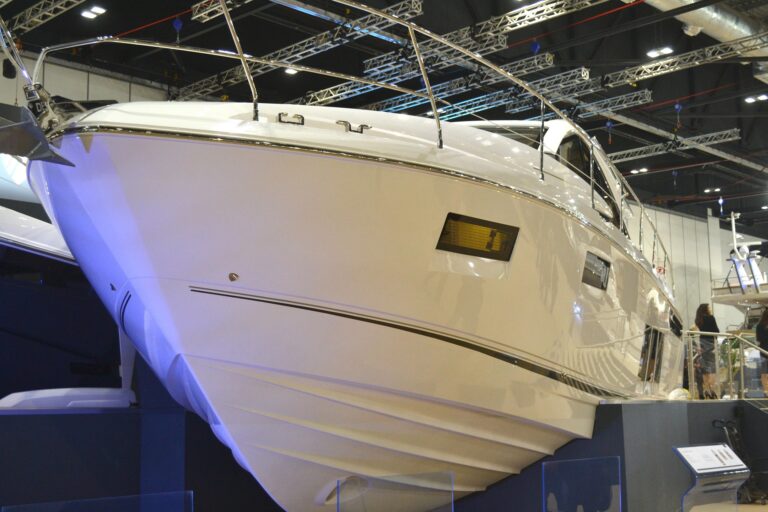Boat Building Materials in Detail: Types, Properties, and Applications for Metal and Composite Boats
Selecting the right boat building material is crucial for ensuring the longevity, safety, and performance of any vessel. With advancements in technology and materials science, the marine industry now benefits from a wide variety of boat building materials, each offering unique characteristics and advantages.
Different boat building materials can significantly influence both boat design and construction process of a boat.
This in-depth guide explores the main types of boat building materials, their properties, and their common applications, helping you make informed decisions whether you’re considering a metal boat or a composite boat.
1. Metals: Trusted Boat Building Materials for Metal Boats
When it comes to boat building material, metals—specifically steel and aluminum alloy—stand out as reliable choices for constructing durable and high-performance metal boats. These materials are widely used in commercial vessels, luxury yachts, and more, thanks to their unique properties.
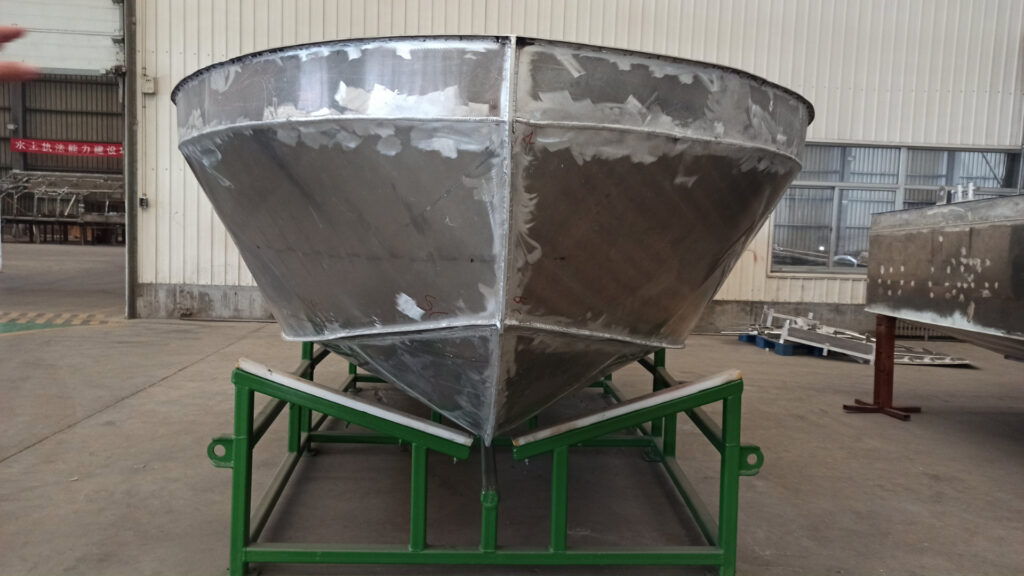
Steel: The Classic Boat Building Material for Large Metal Boats
Steel remains a classic and highly trusted boat building material, especially for large metal boats such as commercial ships and expedition yachts. Its exceptional strength and toughness provide long-lasting durability, even in the harshest marine environments. Steel is ideal for vessels that must withstand heavy loads and rough seas, though it is heavier than other materials and requires regular maintenance to prevent corrosion.
Key Features:
- Exceptional strength and load-bearing capacity
- Long-term durability
- Cost-effective for constructing large metal boats
- Requires anti-corrosion treatment
Typical Uses:
- Ocean-going ships
- Commercial metal boats
- Superyachts and exploration vessels
Aluminum Alloy: Lightweight Boat Building Material for Modern Metal Boats
Aluminum alloy is a modern boat building material widely used in the construction of lightweight and high-speed metal boats. Its high strength-to-weight ratio and excellent corrosion resistance make it ideal for vessels operating in saltwater environments. Aluminum is also easy to fabricate and repair, providing design flexibility for custom and performance-oriented boats.
Key Features:
- Lightweight and strong
- Superior resistance to corrosion
- Easy to shape and repair
- Higher material and fabrication costs
Typical Uses:
- High-speed aluminum boats
- Fishing boats
- Patrol boats
- Custom yachts
Why Choose a Metal Boat?
Opting for a metal boat built with steel or aluminum ensures outstanding structural integrity, safety, and longevity. Metal boats are also environmentally friendly, as both steel and aluminum are recyclable boat building materials.
2. Composite Boat Building Materials: The Future of Boat Construction
Composite boat building materials have revolutionized the marine industry, offering unmatched versatility and performance for modern composite boats. Materials like fiberglass and carbon fiber combine fibers with resin to create lightweight yet incredibly strong hulls.
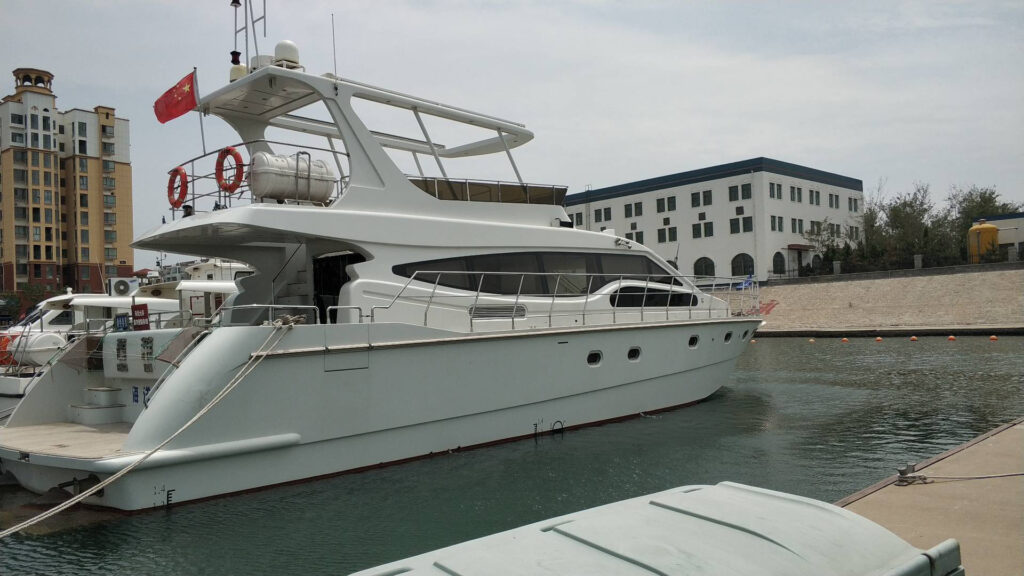
Fiberglass: The Most Popular Composite Boat Building Material
Fiberglass is the most commonly used composite boat building material, particularly for recreational and production boats. It offers an excellent balance of strength, weight, and affordability, making it ideal for a wide variety of composite boats.
Key Features:
- Lightweight and strong
- Affordable and easy to mold
- Good resistance to corrosion
- Suitable for mass production
Typical Uses:
- Recreational composite boats
- Cruisers
- Fishing boats
Carbon Fiber: High-Performance Composite Boat Building Material
Carbon fiber is a premium composite material known for its superior strength-to-weight ratio. It is widely used in high-performance and racing composite boats, where minimal weight and maximum stiffness are critical.
Key Features:
- Extremely lightweight
- Exceptional strength and rigidity
- Premium appearance
- Higher cost
Typical Uses:
- Racing yachts
- High-end custom composite boats
- Performance catamarans
Benefits of Composite Boats
Composite boats built with advanced boat building materials offer several advantages:
- Customizable properties for specific performance needs
- Excellent resistance to corrosion and environmental degradation
- Innovative and complex hull designs possible
Conclusion
Choosing the right boat building material—whether for a metal boat or a composite boat—is essential for ensuring safety, performance, and longevity. Both metals and composites have distinct advantages, and understanding these materials helps boat owners and builders make the best decision for their needs. By selecting the optimal boat building material, you can ensure your vessel delivers exceptional value and performance for years to come.
